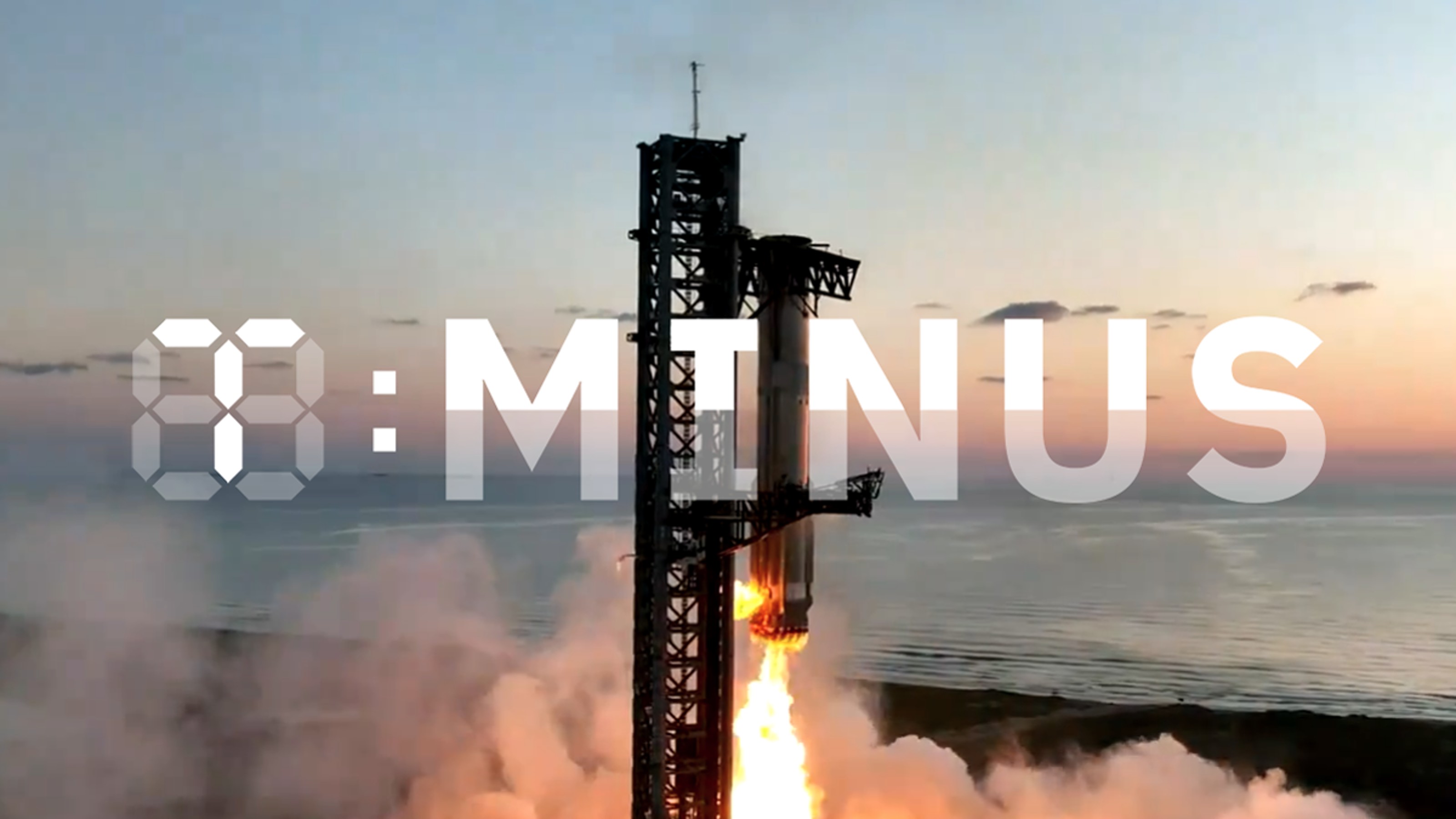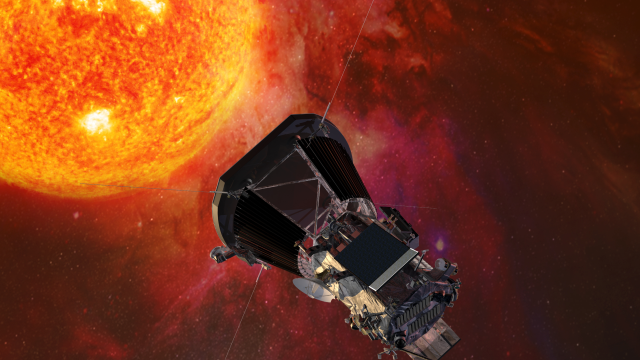Trump’s NASA budget eliminates education office, plunging America into the dark
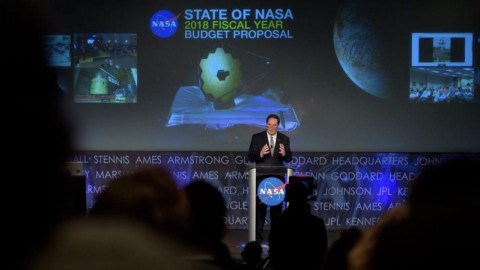
NASA’s Earth observing missions aren’t the only casualty. Arguably, eliminating education is even more egregious.
“First Rate People hire first rate people. Second rate people hire third rate people.” –Hermann Weyl
What did you want to grow up to be when you were a kid? Was ‘astronaut’ or ‘scientist’ ever on the list? Did you ever find space fascinating, and want to learn more about it? Was the possibility of exploring other worlds, searching for extraterrestrial life, building a rocket or experiencing zero-gravity ever a part of your dreams? NASA’s Office of Education, in its current incarnation, oversees and administers around sixty different programs that benefit educators, K-12 students, as well as undergraduate, graduate and postdoctoral students and researchers. With the Trump administration officially announcing their budget for the next fiscal year, they provide only $37 million for NASA’s Education Office, with one major stipulation: the office must be eliminated entirely.
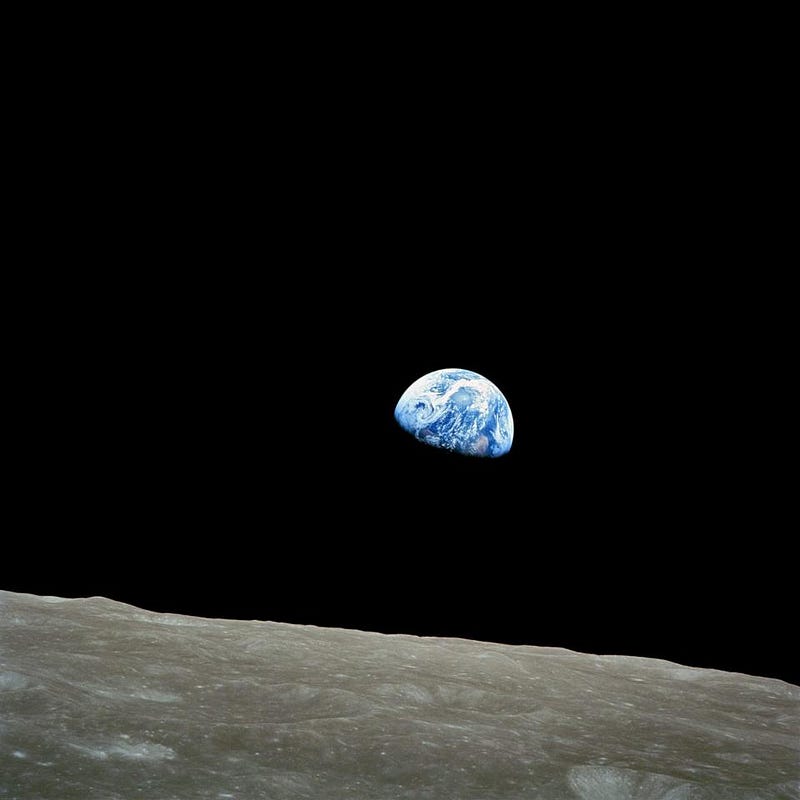
Anything you’ve ever learned, seen, or experienced from NASA has been a result of education and public outreach. The above photo? It’s known simply as “Earthrise,” and was the first time a human being had ever seen the Earth rise over the limb of the Moon. It also was one of the most widely shared and distributed photographs of all-time before the rise of the internet, along with photos of the Moon landings and of the iconic blue marble photo of the full Earth as seen by Apollo 17. Since then, Hubble images, pictures from spacecraft visiting other worlds, information, explainers, Q&A sessions, videos and pretty much anything else NASA-related you can find on the internet has only come about because of education and public outreach efforts.
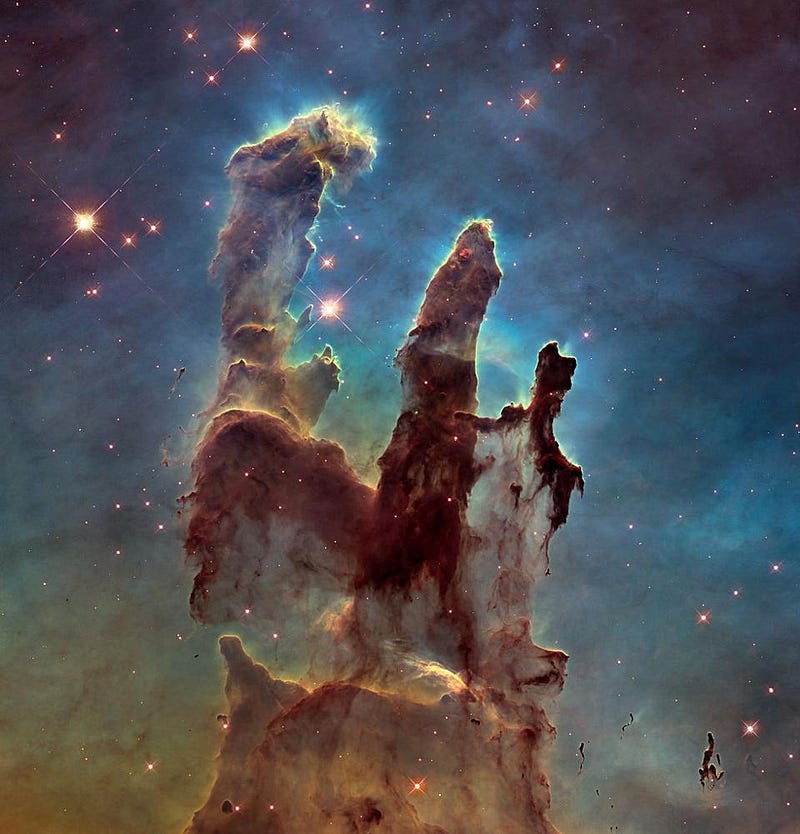
How many current scientists and engineers were inspired to choose their path, at a young age, by a glimpse into the great Universe beyond planet Earth? How many children across the country (and world) make it their first major goal to be chosen by NASA for a grant, program, or experience to be on the periphery of space exploration? How many young researchers and aspiring scientists are benefitting from the opportunities that NASA makes available to them, from internships to scholarships to research opportunities? And how many adults feed their insatiable hunger for the joys and wonders of the Universe with information that NASA creates especially for the public?
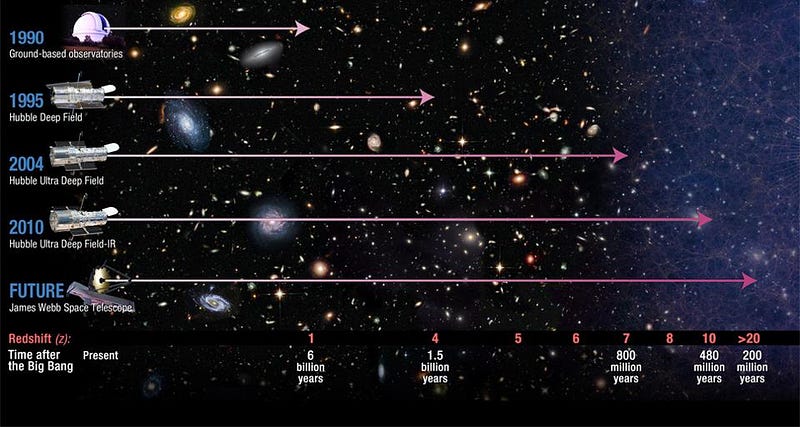
That last one is a personal issue to me, because for the past four years, I’ve been the astrophysicist whom NASA approached to write their once-a-month column for astronomy clubs worldwide. In nearly 300 locations across the world, more than half of which are in the United States, amateur astronomers and astronomy enthusiasts gather in clubs to host events, speakers, observing parties, and to share about their excitement in space. And one of the things that NASA would do was supply the clubs with an exclusive monthly column, highlighting an astronomical discovery or event that would be of particular interest to them. It was a small column and a small contribution that was probably read, on a monthly basis, by only a few thousand people.
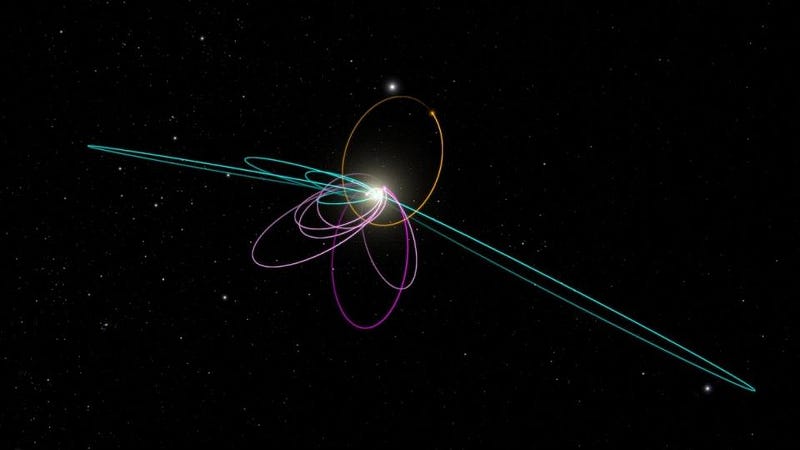
And, like many things that benefit only a small number of people with low visibility, it seems like an easy thing to cut. But cutting it saved virtually nothing: the agency saves less than $3,000 per year by eliminating this program. Yes, it’s a small, relatively low-importance program in the grand scheme of things, but if you’re one of the few affected people, it seems like you’re losing one more opportunity to have the things you delight in simply brought to you. There are some 60 employers and contractors whose positions will be eliminated completely from this, plus a number of programs devoted to outreach and education, but the biggest hit is that the Office of Education will disappear entirely.

Think about why we, as a society, would be okay with that? Why would we say, “Hey, you know these people who devote their lives to educating the public about these scientific areas they’ve become experts in? You know those activities they engage in, the services they perform, and the expert knowledge that they bring to the world? Let’s eliminate that.” We teach every generation of children in America that they can grow up to be anything they want, that America is the land of opportunity, and the way you better yourself is through education and hard work. So why, then, would we take away opportunities that help those very same people pursue their grandest dreams, and to take away the (already minimal) education resources we provide to them?
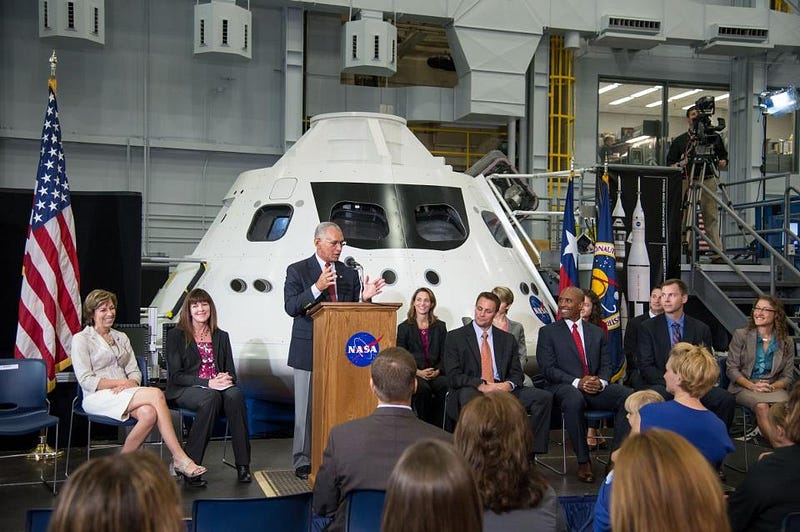
Yes, there are many other reasons to be upset about the proposed NASA budget for the coming fiscal year, including cuts to Earth Science and the potential cancelling of up to five missions. But when you eliminate the Office of Education, you’re blatantly declaring that the children, students, teachers, and adults all over the world who benefit from the opportunities and knowledge that the office provides simply aren’t worth it. All the teachers who use NASA’s Space Place and Kid’s Club as education resources, all the students who apply for grants and opportunities with NASA, all the interns who hope to springboard into a spaceflight career, all the adults who feed their lifelong love of astronomy with information: you’re not worth it.

Meanwhile, according to the latest results from the OECD, the United States ranks 25th worldwide in science education, well behind Vietnam, China, Japan, Korea, Canada, the United Kingdom, Australia and New Zealand, among many others. By many metrics, the United States is number one in the world, but by others, we have to improve. Why, instead, are we okay with making our nation less informed, less capable, and less rich in opportunity for people of all ages? The promise was to make America great, but in order to be truly great, we need to invest in ourselves. Without education, we fail to invest in the greatest source of richness for us all: our minds.
Ethan Siegel is the author of Beyond the Galaxy and Treknology. You can pre-order his third book, currently in development: the Encyclopaedia Cosmologica.



